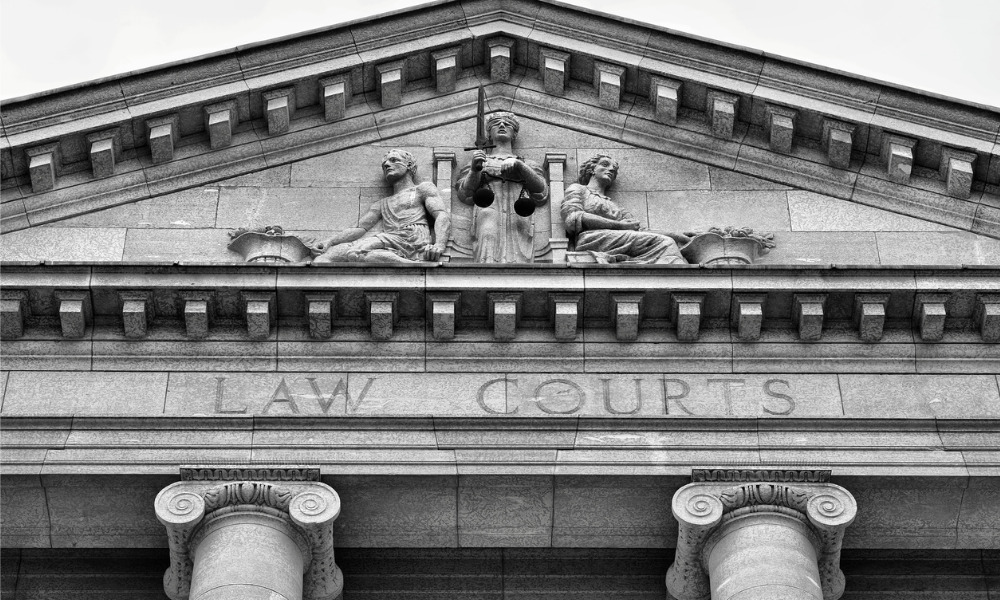
As a retired Crown, I aim to lift the veil of secrecy preventing fundamental improvements

Almost every day, media stories report on events that raise concerns about the effectiveness of the Canadian justice system. Shortages of judges and court staff and Crown delays have caused serious criminal charges to collapse. Important criminal cases have failed and left observers wondering if mistakes were made. People are spending their own money on investigators, security guards, and lawyers because they believe that the police and Crown will not be able to help them. Organized criminals appear to target Canada because of their belief that the Canadian justice system is soft on crime. Not surprisingly, the public is increasingly worried about vehicle thefts, fraud and violence in our communities.
Many commentators have complained about apparent issues with some police officers and police departments and a lack of judges, courtrooms and court staff. In my view, however, this critique should be directed, as well, at the offices of the Crown attorneys, both Federal and Provincial.
As a retired Federal Crown attorney who has prosecuted hundreds of criminal trials in Toronto, I believe there should be more scrutiny of Crown attorney departments. There is room for improvement in the way these offices are managed. However, Crown attorneys are not permitted to speak about this because when they were hired, they signed a promise not to disclose information they obtain due to their employment. (See, for example, the Federal Public Service Employment Act, s. 54, and the Public Service of Ontario Act, s. 6.) These obligations continue after their employment and, in effect, create a permanent non-disclosure agreement. What we know, though, from publicly available materials, is the following:
We assume that the marketplace will eventually correct managerial deficiencies in the private sector. The public service, though, is a monopoly, and weaknesses are not automatically corrected.
Government and bureaucratic secrecy are additional obstacles to accountability in the public service. In criminal prosecutions, secrecy may be essential, such as with “informer privilege,” which must always be protected. Crown discretion is also important. But, for Crown attorneys, a veil of secrecy is the general rule, as employees are bound by oaths and codes of conduct which impose rules of privacy, secrecy, confidentiality and loyalty. Canadian whistleblower laws do not protect these employees: Opinion: There’s a global trend toward strong whistleblower laws - except in Canada. In the face of these obstacles, most employees who are unhappy keep quiet. Some file internal complaints, which often accomplish little. Some frustrated employees leave and find other employment.
Results matter. The public relies on the police and Crown attorneys to prosecute crime effectively. How can the public judge the effectiveness of the offices of Crown attorneys when there is veil of secrecy over their activities?
In my view, the offices of the Crown attorneys, both federal and provincial, should be scrutinized more. For example, how do Crown attorney managers monitor the effectiveness of their operations? What are the criteria, and do they make sense? How well is the organization performing when judged by these standards? How successful is management in improving employee morale and mental health? Are charges being stayed or withdrawn for good reasons or because Crowns are short-staffed and overworked? Why are serious fraud investigations and charges so rare and ineffective? Why is the Ontario government no longer publishing statistics about the results of charges in Toronto? Why do these provincial statistics not record whether trials result in convictions? How do we determine the boundaries between what is secret and what is not, and whether information is correctly categorized as confidential? Why have our governments not reformed our whistleblower laws?
The veil of secrecy should be lifted as much as possible so that everyone involved, including the public, may have honest discussions about improving our justice system. Without improvements, the situation may continue to decline.